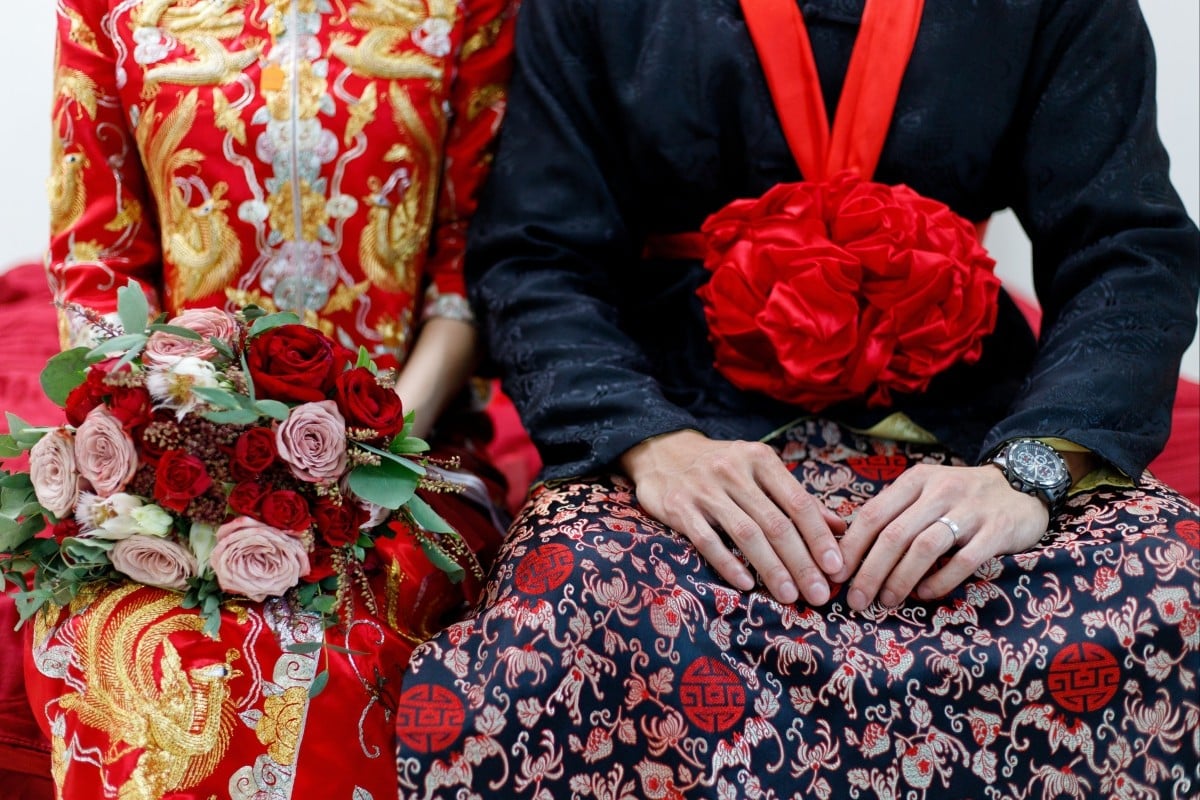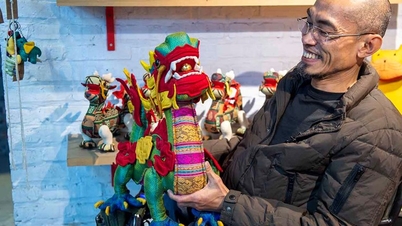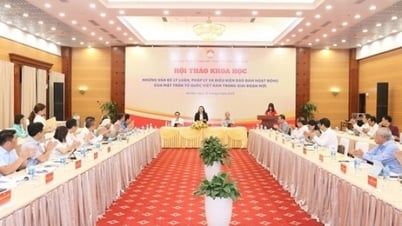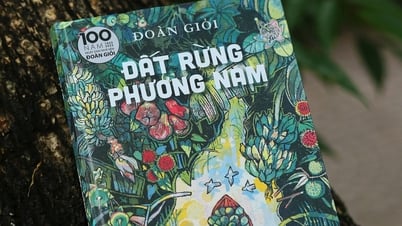According to a report by the South China Morning Post on February 4, China's Ministry of Civil Affairs said it was monitoring the situation after an internet user warned of potential consequences stemming from the popular belief that the upcoming Year of the Dragon is the "year of the widow".
Earlier in January, in a public consultation section on the website of the Ministry of Civil Affairs of China, an anonymous citizen raised the issue of "five widows", saying that this concept "seriously deviates from common sense in life and scientific understanding". The post called on the Ministry of Civil Affairs of China to speak up so that "people will not be disturbed by superstitions and folk rumors, as long as they want to get married".

The lunar year of Giap Thin is considered an unlucky year to get married according to Chinese folk beliefs.
The warning comes as China's overall population has been shrinking for the past two years and more young people in China are reluctant to get married and have children, contributing to a faster aging society.
“We are paying attention to the suggestions you made,” China’s Ministry of Civil Affairs responded to the post on January 22.
According to the South China Morning Post , the term "widow year" - in Chinese "widow year" - was born from confusion surrounding the word "widow year" which originally meant "year without the Lich Xuan festival".
Lich Xuan is one of the 24 solar terms in the East Asian lunar calendar and falls around February 4-5 (solar calendar) every year, which is believed to mark the beginning of spring. The latest Lich Xuan occurs before the first day of the Year of the Dragon (February 10, 2024), while the next Lich Xuan occurs after the first day of the Year of the Snake (January 29, 2025). Therefore, Chinese folklore believes that the upcoming Year of the Dragon is a year without spring.
Spring is considered the most vibrant time of the year because it symbolizes fertility and also represents yang energy. Chinese folklore holds that women who marry in a "no spring year" are likely to encounter misfortune, including becoming widows. On the contrary, a lunar year with two Lich Xuan is considered a very lucky year, suitable for marriage.
China’s marriage rate has been falling over the past decade, with 6.83 million marriages registered in 2022, down nearly half from a record 13.47 million in 2013, according to official figures. Statistics for 2023 have yet to be released, but there are signs that the number has increased from the previous year as China eased its anti-epidemic measures.
In an effort to propagandize and reassure the public, China's state-run CCTV said in a news report last week that there was no link between bad luck and a "year without spring."
According to CCTV, a lunar year without the Lichun period is not a rare phenomenon, and pointed out that 2019 and 2021 are also "years without spring".
Despite the belief in the “year of no spring”, some people still believe that the year of Giap Thin is a good year to have children because it is the year of the dragon. The dragon is the only sacred animal in the 12 zodiac animals, representing power and success according to traditional Chinese beliefs.
This is likely to boost births in China this year, after falling to a record low of 9.02 million in 2023.
Traditional customs still play an important role in marriage and childbearing in China. But in recent years, the government has called for the elimination of such influential practices, including the practice of the groom's family providing a large dowry to the bride's family.
Source link



![[Photo] More than 17,000 candidates participate in the 2025 SPT Competency Assessment Test of Hanoi National University of Education](https://vphoto.vietnam.vn/thumb/1200x675/vietnam/resource/IMAGE/2025/5/17/e538d9a1636c407cbb211b314e6303fd)

![[Photo] Readers line up to visit the photo exhibition and receive a special publication commemorating the 135th birthday of President Ho Chi Minh at Nhan Dan Newspaper](https://vphoto.vietnam.vn/thumb/1200x675/vietnam/resource/IMAGE/2025/5/17/85b3197fc6bd43e6a9ee4db15101005b)
![[Photo] Prime Minister Pham Minh Chinh chairs meeting on science and technology development](https://vphoto.vietnam.vn/thumb/1200x675/vietnam/resource/IMAGE/2025/5/17/ae80dd74c384439789b12013c738a045)




























![[Photo] Nearly 3,000 students moved by stories about soldiers](https://vphoto.vietnam.vn/thumb/1200x675/vietnam/resource/IMAGE/2025/5/17/21da57c8241e42438b423eaa37215e0e)



































































Comment (0)